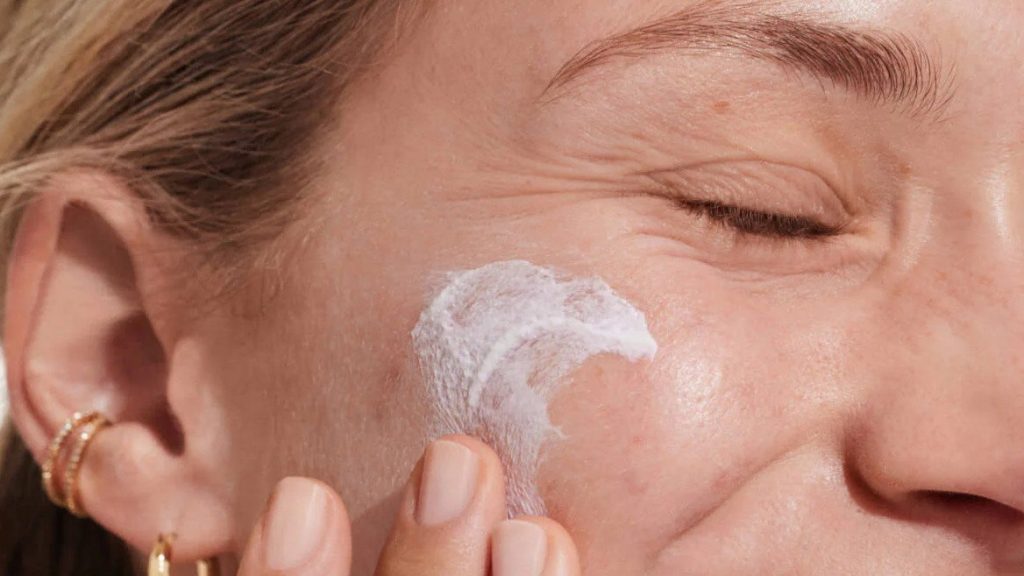When it comes to sunscreen, the SPF number is not the only factor to consider in terms of protection. Dr. Alster explains that higher SPF products may not necessarily offer better protection than lower SPF ones. While in theory, a sunscreen with SPF 50 should allow you to stay in the sun 50 times longer without burning, other factors such as skin type, physical activity, sun intensity, and the amount of sunscreen applied can also influence protection levels.
In terms of how much sunscreen to use, ideally, one ounce should be applied to the entire body. This amount is equivalent to the size of a golf ball or shot glass, which is more than what most people typically apply. Dr. Alster notes that many people underestimate the amount of sunscreen needed, often ending up with leftover sunscreen after a beach vacation. It is important to apply an adequate amount to ensure proper protection.
When it comes to reapplying sunscreen, the standard advice is to reapply every two hours while outdoors, or immediately after swimming or exercising. Even if a sunscreen claims to be water-resistant, it is not waterproof, so reapplication is necessary to maintain protection. Following these guidelines will help ensure continuous protection against harmful UV rays and reduce the risk of sunburn and skin damage.
When selecting a sunscreen, texture is an important factor to consider based on personal preference and skin type. For acne-prone skin, it is advisable to avoid creamy or oily textures and instead opt for gels or powders. Those with dry skin may benefit from richer textures. Sprays are convenient for quick application, but lotions are recommended for regular use to ensure an even application. Consider the activities you will be engaging in outdoors when choosing a sunscreen, and opt for options like zinc oxide sticks to prevent stinging in the eyes while sweating or swimming.
Another key consideration when choosing sunscreen is whether to opt for chemical or mineral filters. Chemical sunscreens are more cosmetically elegant and do not leave a white cast on the skin, making them more enjoyable to use. However, they can contribute to redness and irritation in sensitive skin types and may have environmental impacts. Mineral filters, such as zinc oxide, are less likely to cause irritation and can be more environmentally friendly. Selecting the right filter depends on personal preferences and skin sensitivities, so it is important to choose a sunscreen that works best for your individual needs.


